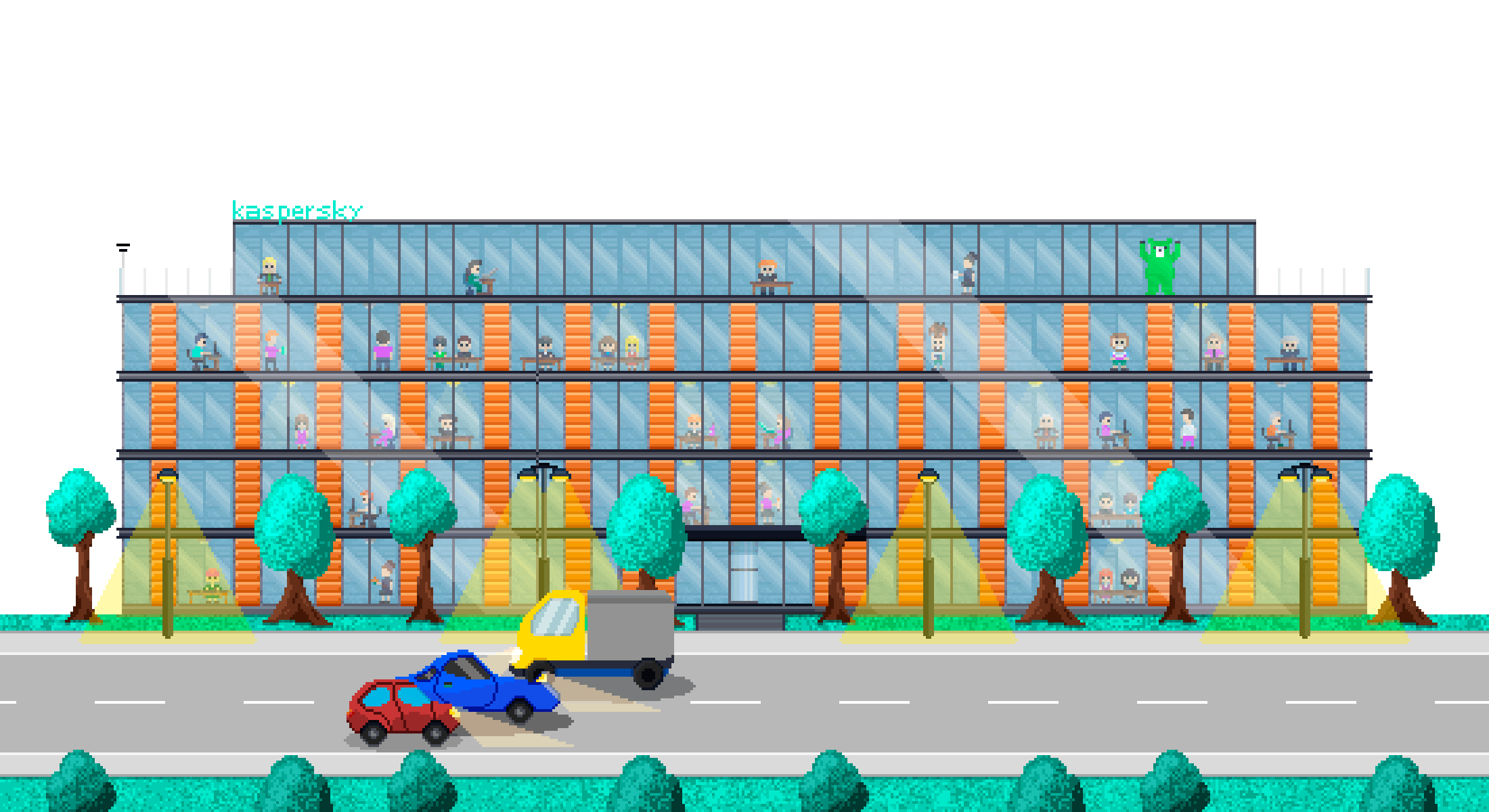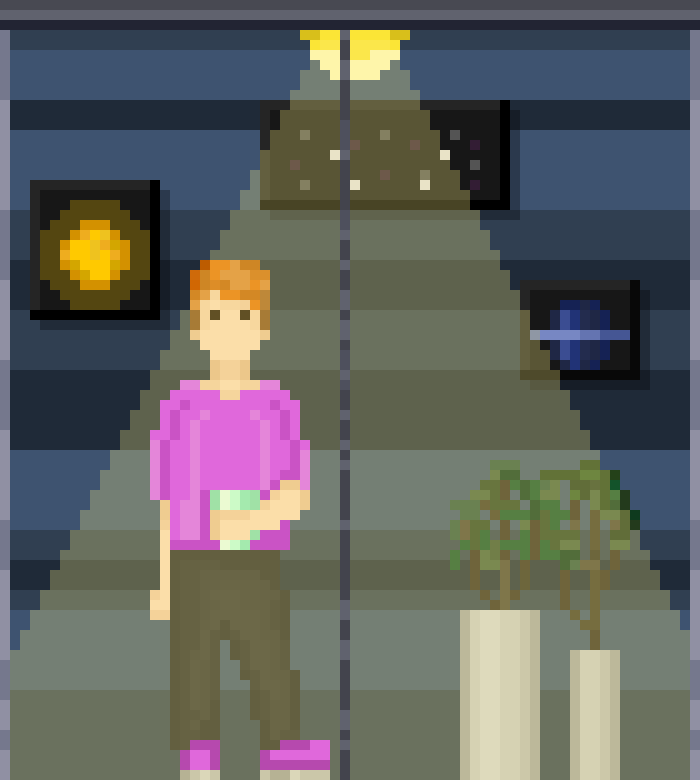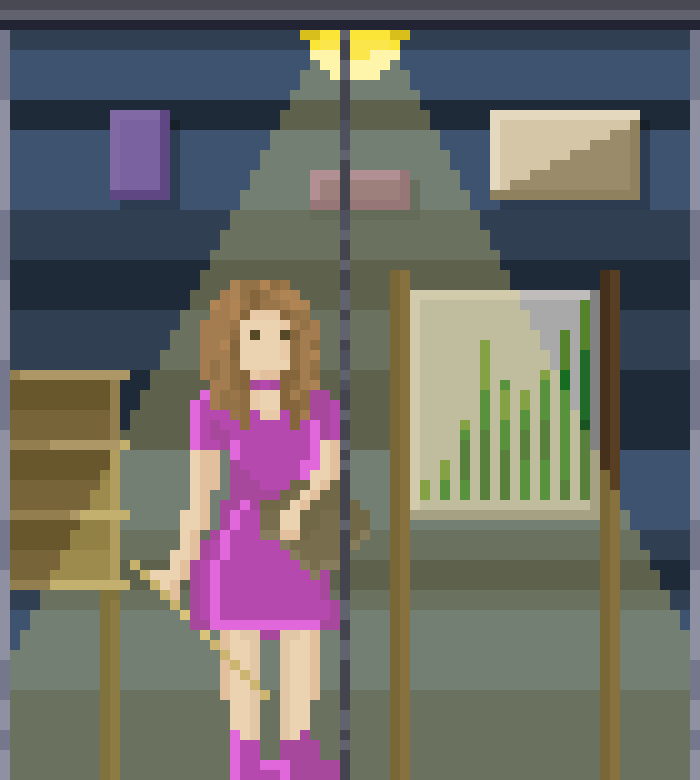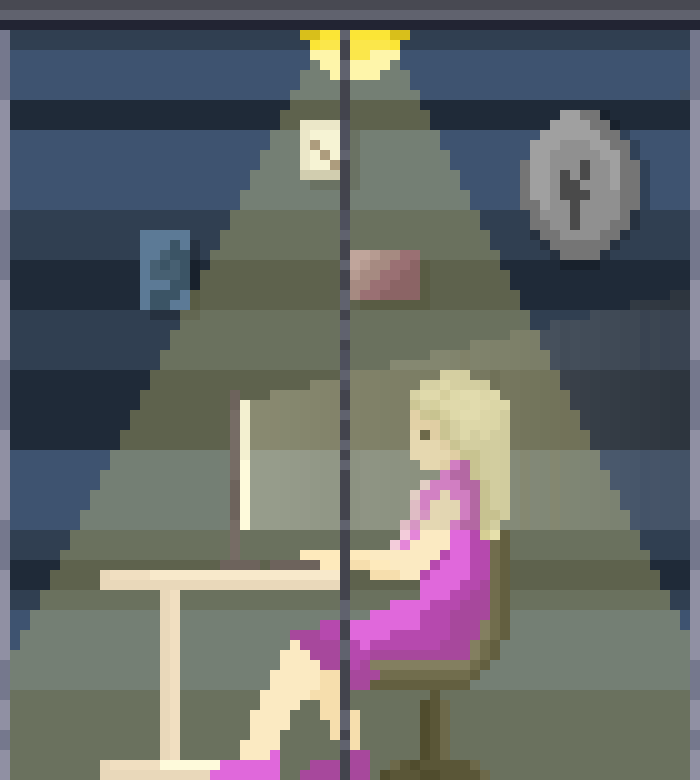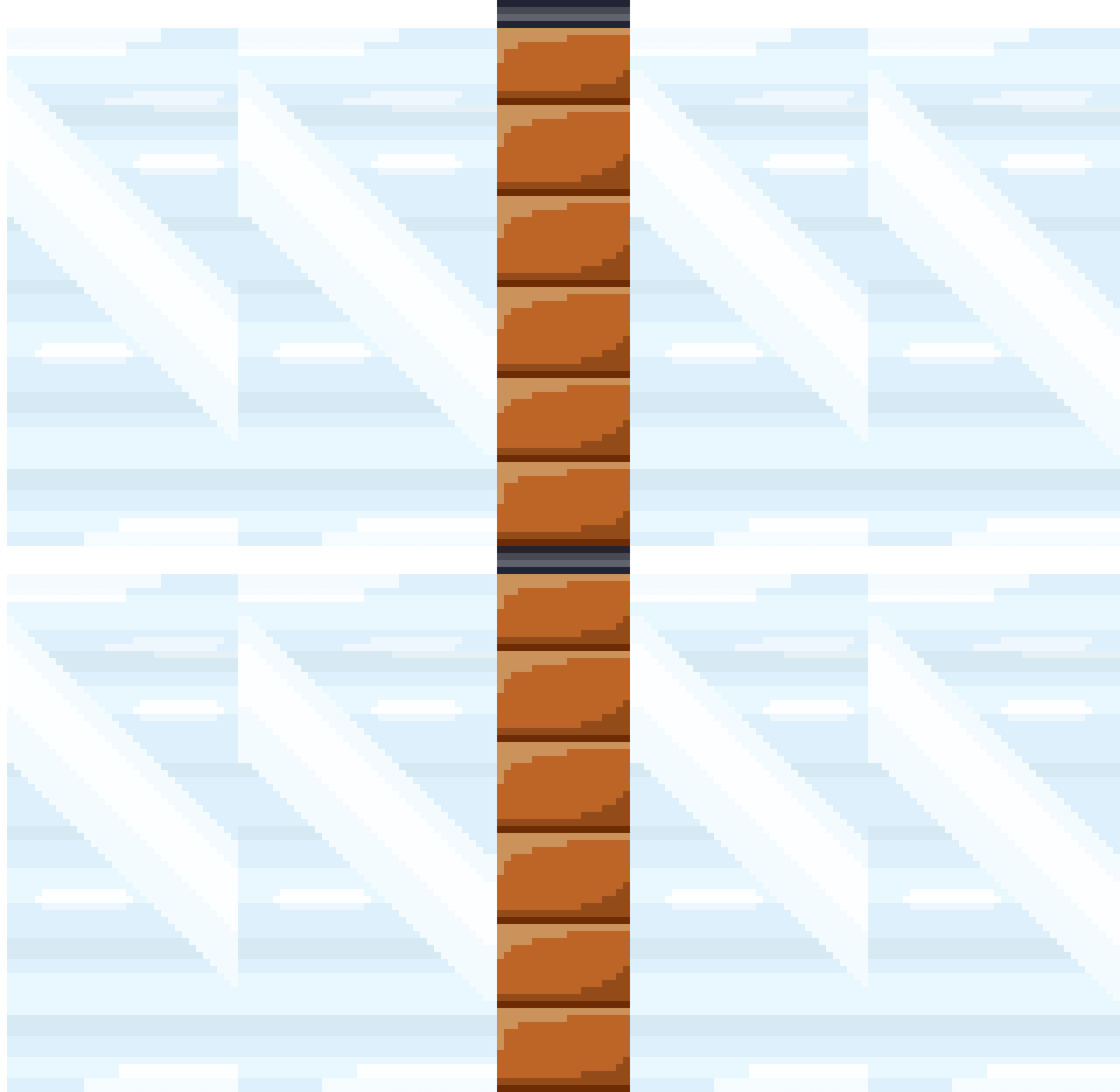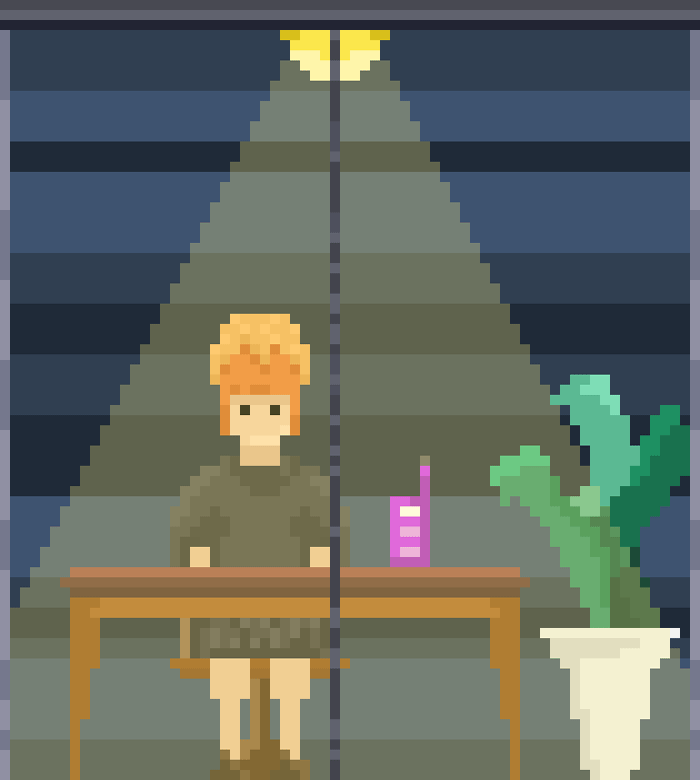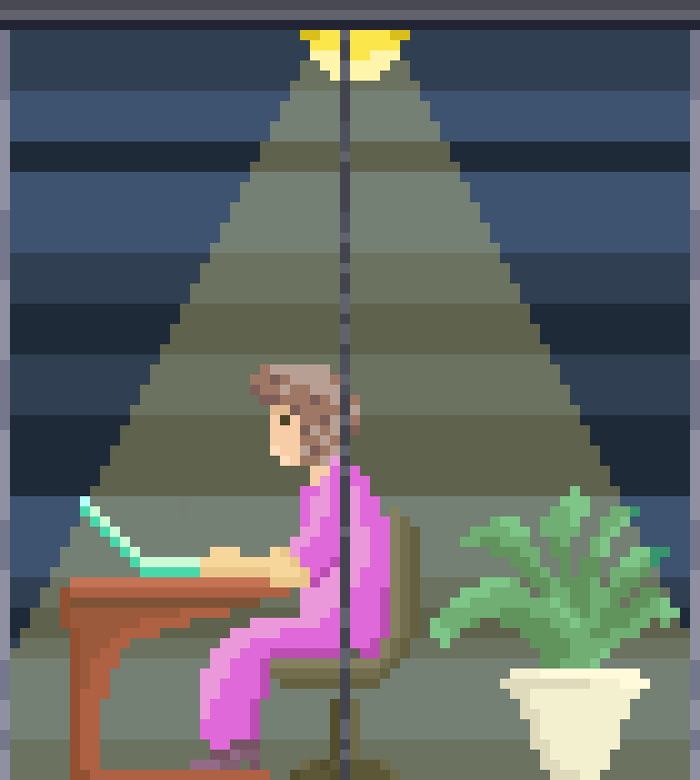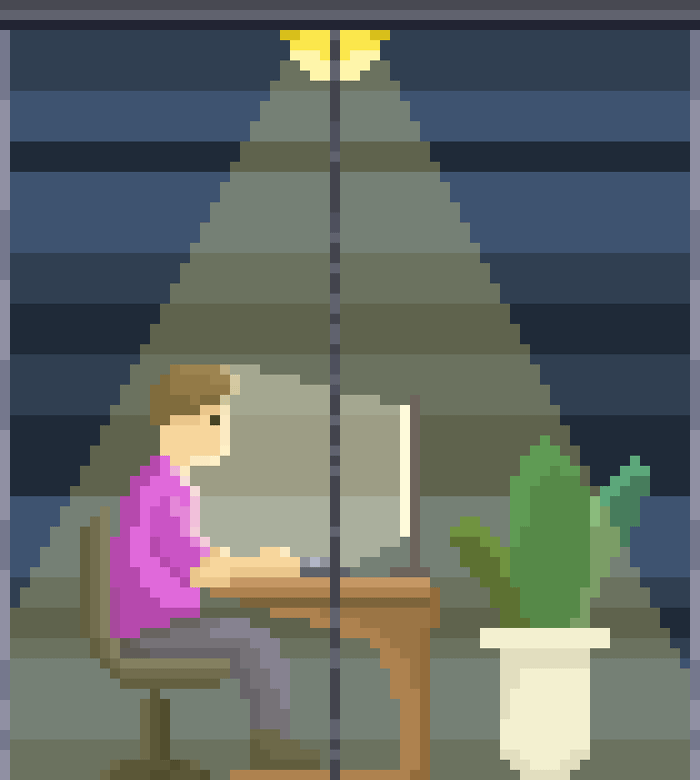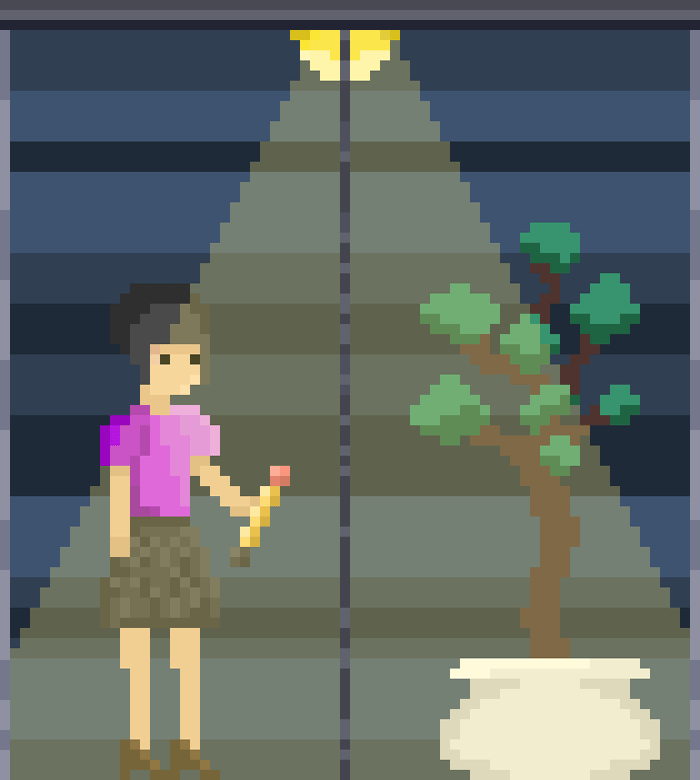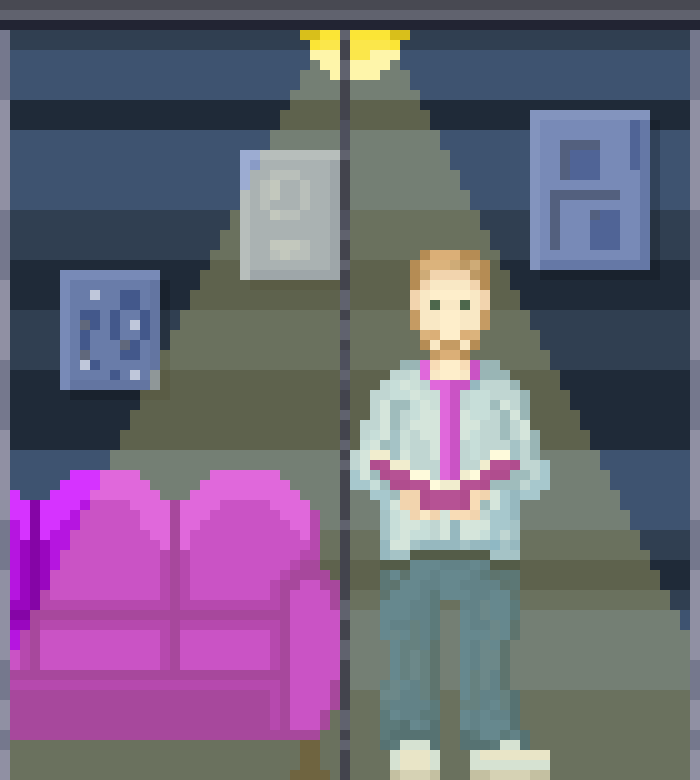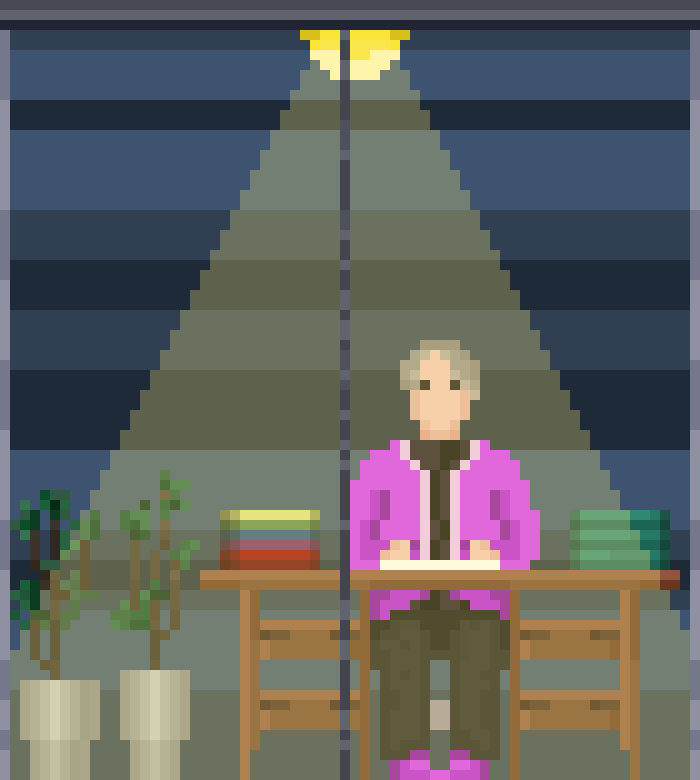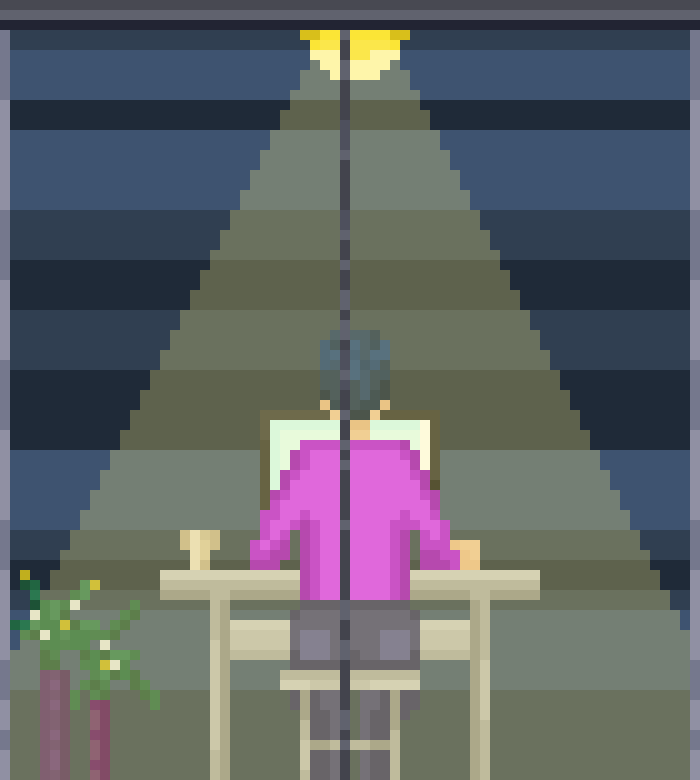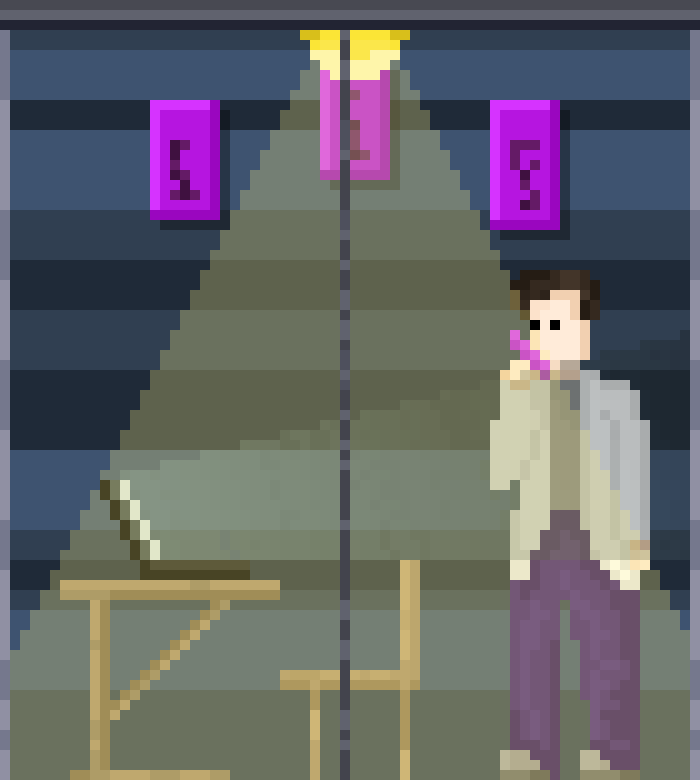The first year was a disaster, the second was a
real achievement, and the third was a new
normal.
This is what Sergey wrote as a caption to a video
of his then ten-year-old daughter Maya singing a
Billie Eilish song. Posting the cover on his
social media page was his way of “celebrating” the
third anniversary of Maya’s diabetes.
The story began when she was coming to the end of
her first grade. During a routine health check,
elevated blood sugar levels were detected. A
hospital visit followed, with a million different
tests and a diagnosis: type 1 diabetes. This meant
that her pancreas had stopped producing insulin,
which is vital for the body’s functioning.
Permanent measures would now have to be taken to
deal with this because, despite medical progress,
diabetes is still incurable.
In the early days, all food became the enemy. You
have to calculate the carbohydrates you’ve
consumed, constantly working out how much insulin
is needed to compensate. Too little insulin and
you’ll have high blood sugar and ketones. Too
much, and you’ll get hypoglycemia (low blood
sugar). Both outcomes make you feel unwell, and
proper management of diabetes means maintaining
blood glucose levels within a narrow optimal range
on behalf of the pancreas.
An artificial pancreas system (APS), which
consists of a blood glucose monitoring sensor, an
insulin pump and an insulin delivery app, helps to
maintain this balance.
“Eighteen months to two years ago, mass market
APS solutions began to appear on the market,
making life easier for beginners. Now you can
just go and purchase a readymade system. When we
were learning to live with diabetes, we had to
figure everything out for ourselves.
Fortunately, there is a large international
diabetes community, with volunteers working to
develop and improve APS software and hardware
all the time. To build a custom APS, I had to
make the leap from C++ to Swift,”
Sergey recalls.
He shared his solutions with other parents of
diabetic children, and still does to this day. At
one point, as many as 300 people were subscribed
to his iPhone build, after finding him through a
Facebook* group aptly named Diapapa. There, Sergey
talked about what it was like to live with a child
with type 1 diabetes, sharing life hacks, advice
and scientific research.
It wasn’t just Sergey, but Maya too who helped to
raise awareness. She found her first audience at
school, explaining to her classmates what diabetes
was, and why it wasn’t contagious and didn’t stop
people from living full lives. After that, she
gave a report on diabetes at a convention for
endocrinologists – at the age of eight! – and then
on the popular Russian TV show Live Healthy. Maya
is very sociable and knows how to get people
interested.
She’s 14 now, and diabetes has become a routine,
if unusual, way of life. Laughing, Maya describes
herself as a cyborg and surprises doctors with her
perfect diabetes management: her blood has the
same levels of glycated hemoglobin as people
without diabetes. That feeling of disaster from
the early days has passed, giving way to lots of
new habits and an unshaking self-discipline.
“When you’re still coming to terms with a
diagnosis, you might encounter charlatans who
promise to cure diabetes for exorbitant amounts
of money,” Sergey cautions. “Don’t believe them.
This is an incurable disease for now, but it’s
perfectly possible to live with it. It’s just a
question of making the effort, day after
day.”
*Meta (operator of the Facebook social network)
is currently banned in Russia as an extremist
organization.






